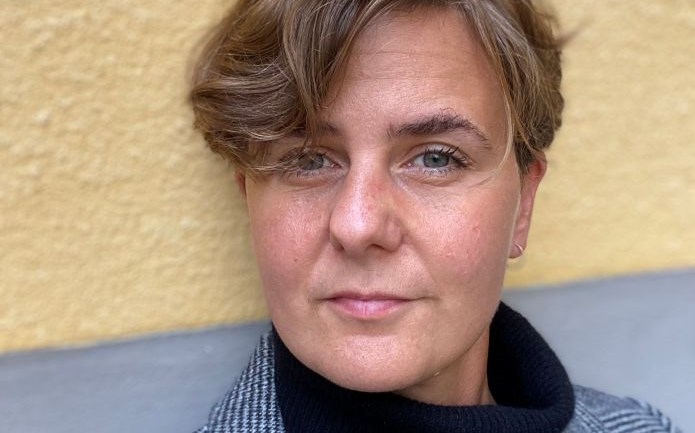FACULTY OF CULTURE AND SOCIETY | Seminar
Joanna Mellquist: Non-State Policy Advice Actors and United Nations Negotiation
Wednesday 15 October, 13:15 - 15:00
Hybrid meeting, join on Zoom
NI:C0933, 9th floor seminar room, Niagara or Zoom

"Non-State Policy Advice Actors and United Nations Negotiations on Climate Change: Cases from the Global North"
Welcome to GP Seminar with Joanna Mellquist
Speaker
Joanna Mellquist holds a PhD in Sociology from Södertörn University and is affiliated with SCORE (Stockholm Centre for Organizational Research) at Stockholm University. Her research focuses on the role of policy professionals within civil society, particularly how private and non-governmental actors—such as think tanks—seek to influence climate policy. This semester, she teaches at the Political Science program, Politics Organization and Leadership at the Department of Global Political Studies. For the GPS seminar she is presenting a co-authored article, written together with Professor Adrienne Sörbom, as part of the research projects CCGOV – Climate Change Governance: Global and Nordic.
This paper investigates how policy advice organizations – such as think tanks, private research institutes, and business associations – foremost from the Global North are active in relation to negotiations held by the United Nations Framework Convention of Climate Change (UNFCCC). The organizations under study are of importance as advocates for certain framings of problems and potential solutions. Their participation is asked for by the UNFCCC secretariat as observers and providers of input for the negotiation rounds. In practice, what many organizations aim for is to contribute to the framing of meanings and suggestions for solutions both by being active in their national contexts and at negotiation summits, the COP events (Convention of the Parties). The paper poses the question of how they, directly and/or indirectly, are attempting to influence climate change policies and the UNFCCC negotiations? Specifically, we ask by which forms of capital, practices and strategies they are active prior, during and after COPs? Drawing on 96 interviews from 44 Nordic and transnational non state actors in combination with observations on sight from COP 28 and COP 29, the paper adds to our understanding of advocacy in the intersection of Nordic and transnational arenas.
